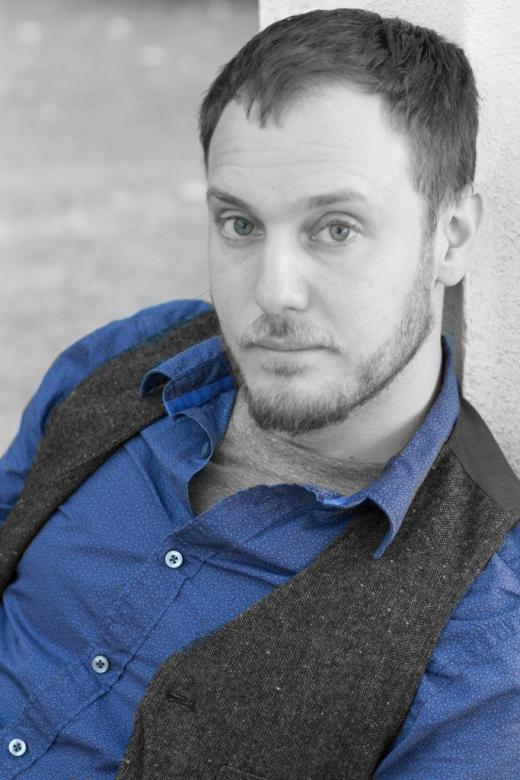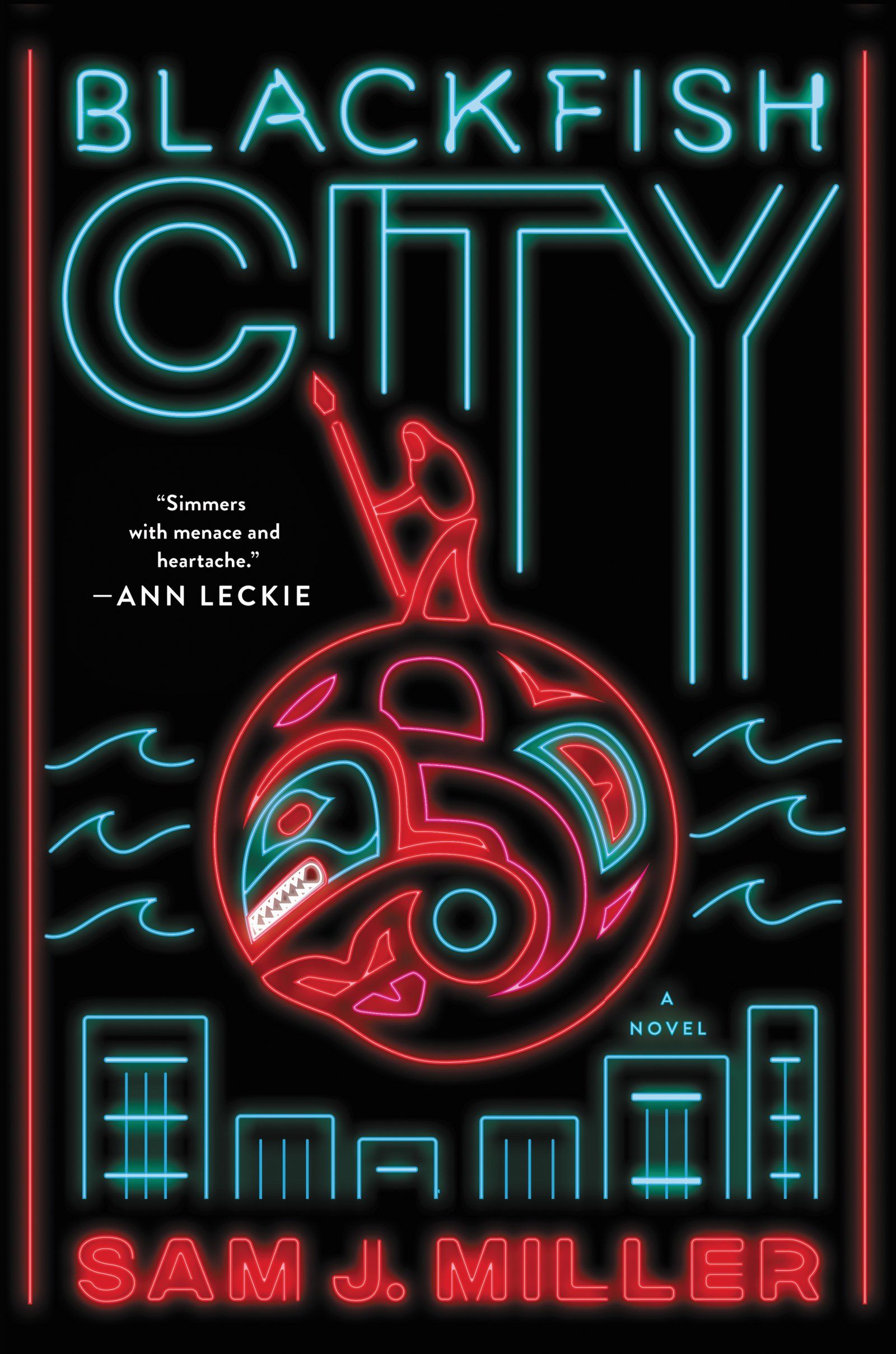
SIMON: The really-hard-and-really-beautiful part sometimes made me wonder if - are we talking about something that's dystopian or, in a way, utopian? And so Qaanaaq sort of evolved as this natural response to thinking about how people will still find a way to come together and live together, and that it'll be really hard and really beautiful. Rising sea levels and environmental decay has sort of flooded New York City, and so the protagonist is one of many folks who has fled from New York to a floating city in the Arctic. So I wanted to imagine a future where our own mistakes have finally begun to hurt us. And I was just sort of reflecting on a lot of the anti-immigration sentiment in the United States and the irony of the fact that many folks who leave Caribbean or South America and our other countries are doing so because things that the United States government has done has dismantled their home economies. MILLER: The story first appeared in a short story that I wrote. He's been a finalist for several Nebula Awards for science fiction and joins us from New York.

His highly acclaimed YA novel, "The Art Of Starving," was published last year. "Blackfish City" is the first novel for adults by Sam J.


One day, a woman rides an orca whale into the city, accompanied by a polar bear. It's a way of life that works but being brought apart from the inside out by corruption, crime and a disease called the breaks. "Blackfish City" imagines a world that's flooded, burned and dried up at the hands of its own environmental stupidity, but used its technological genius to create a lifeboat society afloat in the Arctic Circle - Qaanaaq.


 0 kommentar(er)
0 kommentar(er)
